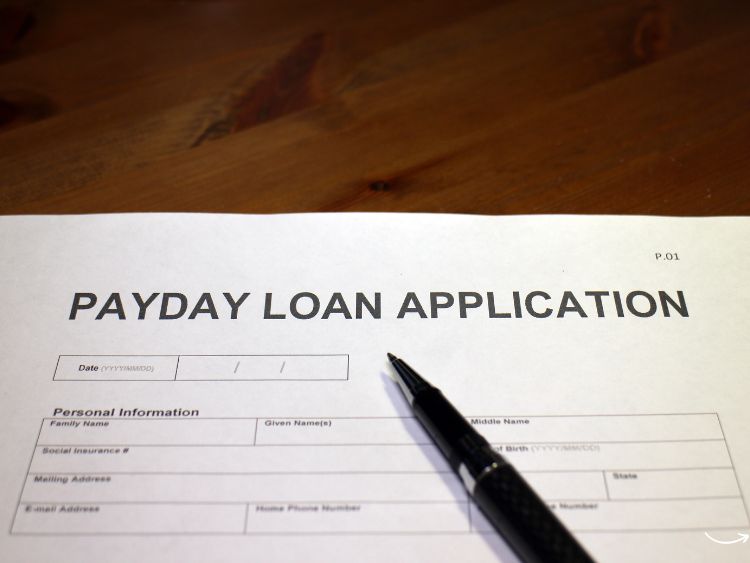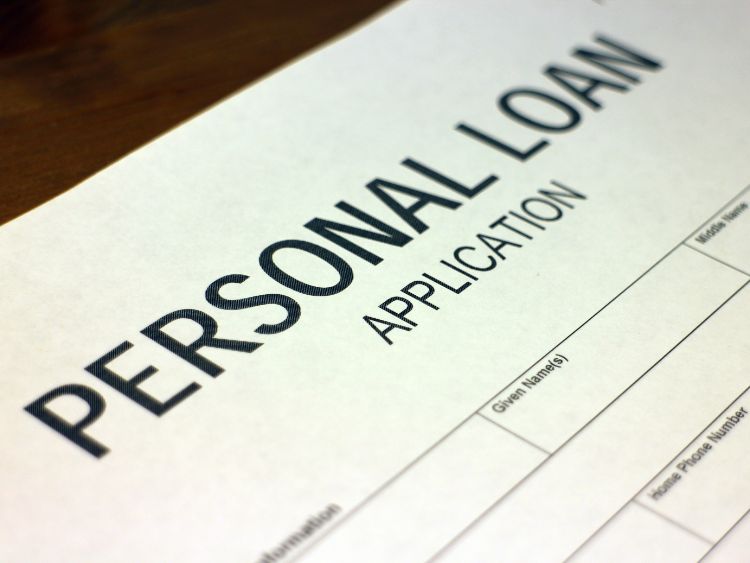VA Loans can be used to assist veterans, service personnel and their surviving spouses in buying or improving a home. These loans are provided by private lenders, but they are insured by the federal government and offer a variety of benefits.
The U.S. Department of Veterans Affairs has established standards for lenders who will issue VA loans. A VA loan can be used to finance your home purchase or renovation. It typically has a lower interest rate than a conventional mortgage and a lower down payment. A 0% down payment loan may be available to you, even if your down payments are less than 20%.
What is a VA loan?
In recognition of the hardships incurred during military service, veterans, active duty troops, National Guard personnel and qualified spouses are eligible for the VA loan program.
Three types of VA loans are currently available to qualified applicants.
- VA purchase mortgage: This mortgage is comparable to a traditional home mortgage loan. It can be used to buy a single-family or multi-family home, provided that the property is your primary residence.
- You can replace an existing VA loan with a VA interest rate reduction refinance (IRRLL) that has a lower interest rate and lower monthly payment. You may be able to replace an VA-backed adjustable rate mortgage (ARM), with one that has fixed interest rates to make your monthly payments more predictable.
- The VA cash-out refinance loan allows you to replace a conventional mortgage with one that is backed by the VA. This will likely result in lower interest rates. You may also be able to use your equity in your home to secure a cash loan or credit line that you can use to pay off student loans or other debts.
Who is eligible for a VA loan?
To be eligible for a VA loan, there are three main criteria
Each lender must receive a copy the VA’s certificate of eligibility (COE). A COE certifies that your spouse meets the requirements for eligibility for a VA loan.
You will need to have steady income to pay the monthly loan repayments. Lenders may have different income requirements depending on the property and renovations that will be purchased.
Credit: The lender will require that you meet certain credit requirements. These typically include a credit score exceeding a specific threshold or “cutoff”. Although lenders set their own credit standards, they must adhere to the VA’s guidelines.
VA Loans are issued by the same lenders as conventional mortgage lenders. They typically charge higher interest rates for borrowers with lower credit scores. Some applicants may need to apply for an ARM. Finance charges and monthly payments could increase each year.
It’s a smart idea to assess your credit before applying for a VA loan or any other mortgage.
How to apply for a VA loan
The first step to applying for a VA loan is to obtain a COE. The requirements for a VA Loan vary depending on whether you are on active duty, or have been discharged. You can find detailed information on the VA website about what credentials you need to present in each case. These may include discharge papers, signed attestations by superior officers or proof of ID, birth date, and Social Security number.
Next, select the type of VA loan that you want (purchase loan, interest-rate reduction refinance loans, or cash-out refinance loans) and search for lenders who offer them in your local area. There are many banks and credit unions that offer VA loans. The VA Regional Loan Center in your state can help you find financial institutions that serve your area.
- Send applications to lenders along with your COE, and any other documentation required.
- Photo ID or birth certificate, government-issued photo ID and other proof of identification
- Documentation proving income (pay slip or tax return).
- For credit checks, you will need your Social Security Number.
You will need to provide proof of assets, such as savings or investments, that can be used to cover the loan payments.
It’s a good idea, just like with conventional loans to compare different lenders when applying for a VA loan. There will be differences in the loan pricing policies of each lender, so it is worth comparing. Some may offer better terms than others. It is worth shopping around to ensure that you get the best deal. You should complete all loan applications within two weeks. Credit scoring models consider mortgage rate shopping positive borrowing behavior. They will count any inquiries that result from your applications as one. As long as they are completed within a short time frame, it is considered one. It will have minimal, if any, impact on your credit.
VA Loan Alternatives
You’ll get the best home loan deal if you are eligible for the VA loan program. But, if you don’t qualify, there are still other options for home purchase or home improvement loans.
- FHA loans: These mortgages are backed by U.S. Federal Housing Administration and are intended to assist first-time homebuyers in purchasing homes. These loans allow qualified borrowers to purchase homes with as little as 3.5% down payment. Although borrowers may be eligible with less credit than is required for conventional mortgages due to their lower credit score, those who put down less than 20% must still pay private mortgage insurance premiums over the loan’s life.
- USDA Loans: These loans, which are backed by the U.S. Department of Agriculture (USDA), were designed to help qualified borrowers purchase homes in rural areas of the United States. Borrowers must have a minimum income to be eligible.



